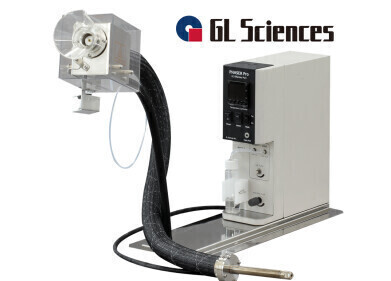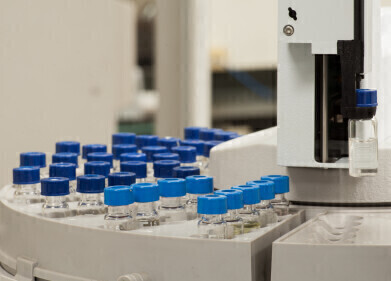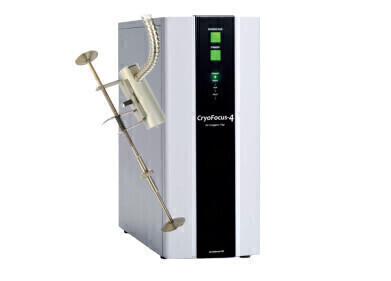-
 Scientists have found a way to produce polyhydroxyalkanoates and rhamnolipids simultaneously.
Scientists have found a way to produce polyhydroxyalkanoates and rhamnolipids simultaneously.
GC, MDGC
Scientists produce polyhydroxyalkanoates and rhamnolipids
Jul 15 2011
The team, from the Aristotle University of Thessaloniki in Greece, found that Thermus thermophilus HB8 produces polyhydroxyalkanoates (PHAs) and rhamnolipids (RLs) with the use of either sodium gluconate or glucose as sole carbon source.
In the study, published by AMB Express, the scientists found that low initial phosphate concentrations (up to 5 mM) and long incubation periods created RLs biosynthesis.
However, higher initial phosphate concentrations (up to 25 mM) were more likely to produce biomass and PHAs.
They stated that efficient cultivation processes for the simultaneous production of PHAs and RLs would encourage the use of a range of inexpensive carbon sources containing sugars and fatty acids.
"The establishment of labscale bioreactor experiments that will design in a future project that will include more factors affecting both biosynthetic processes might significantly increase the production of both bio-products, PHAs and RLs," the report said.
Digital Edition
Chromatography Today - Buyers' Guide 2022
October 2023
In This Edition Modern & Practical Applications - Accelerating ADC Development with Mass Spectrometry - Implementing High-Resolution Ion Mobility into Peptide Mapping Workflows Chromatogr...
View all digital editions
Events
Jan 20 2025 Amsterdam, Netherlands
Feb 03 2025 Dubai, UAE
Feb 05 2025 Guangzhou, China
Mar 01 2025 Boston, MA, USA
Mar 04 2025 Berlin, Germany













